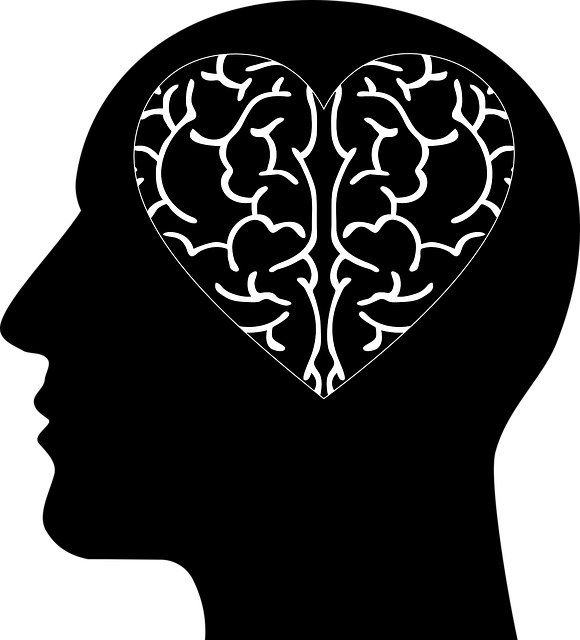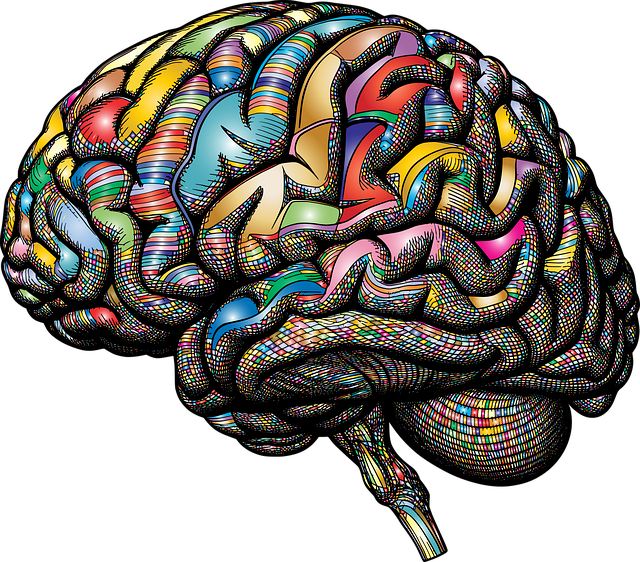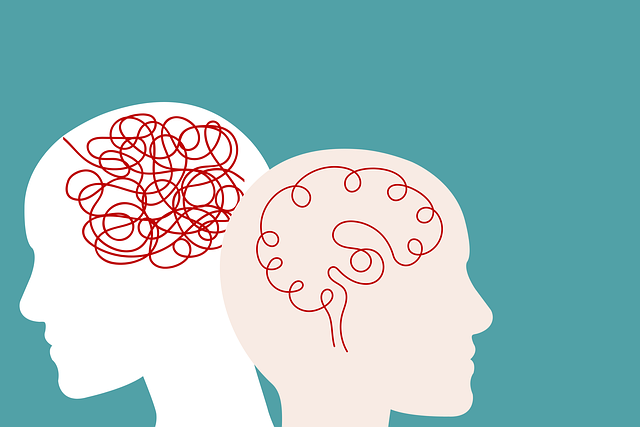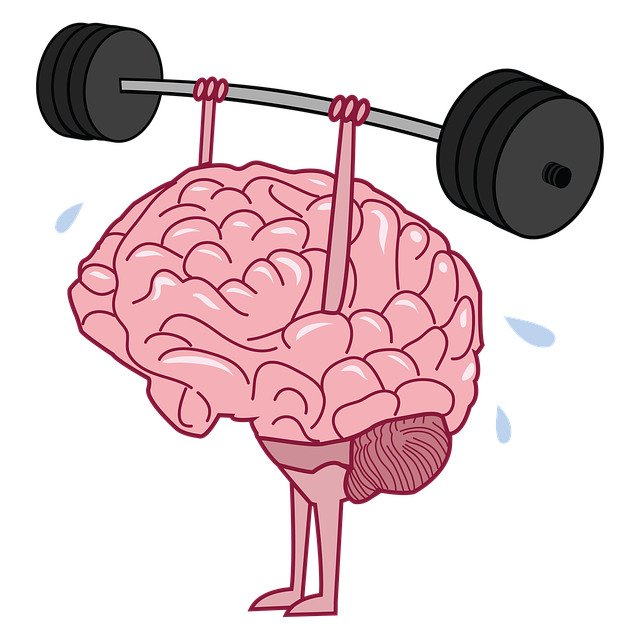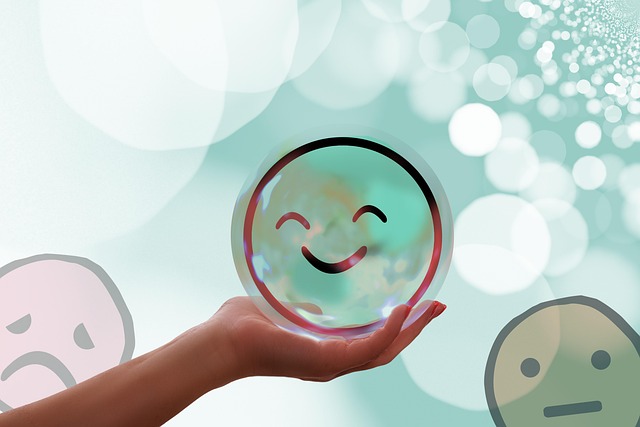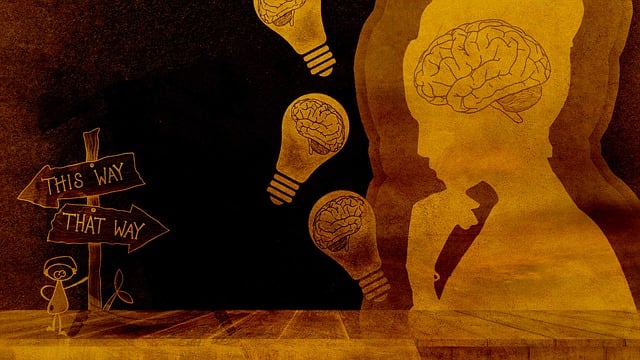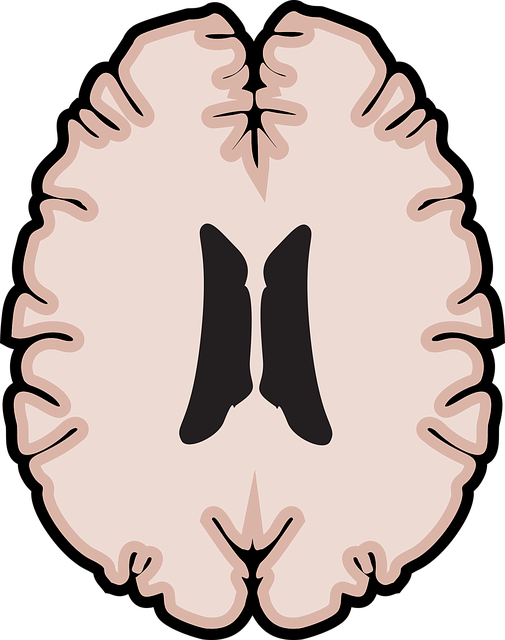Mental wellness, a multi-faceted aspect of overall health, is nurtured through self-care practices such as meditation, journaling, exercise and hobbies. Mental wellness coaching emphasizes personalized routines and conflict resolution techniques, improving cultural competency in healthcare. Crafting an effective self-care routine involves identifying personal needs, incorporating mindfulness exercises, creative outlets, physical activity and time in nature, guided by Superior Mindfulness Therapy. This holistic approach enhances present-moment awareness, emotion regulation, stress management, focus and overall well-being. Professionals should include Risk Management Planning to avoid burnout. Integrating self-care into daily life empowers individuals to cultivate mental wellness through consistent healthy habits for emotional balance.
In today’s fast-paced world, prioritizing mental wellness is more crucial than ever. This article guides you through developing a robust self-care routine using Superior Mindfulness Therapy. We’ll explore understanding mental wellness and its connection to self-care, identifying personal needs and preferences, crafting a customized routine, and seamlessly integrating self-care into your daily life. Embrace practices that nurture your mind, body, and soul for enhanced overall well-being.
- Understanding Mental Wellness and Self-Care
- Identifying Personal Needs and Preferences
- Crafting a Customized Routine with Superior Mindfulness Therapy
- Integrating Self-Care into Daily Life
Understanding Mental Wellness and Self-Care

Mental wellness is an integral aspect of overall well-being, encompassing emotional, psychological, and social health. It involves understanding and managing one’s thoughts, feelings, and behaviors to lead a fulfilling life. Self-care plays a pivotal role in maintaining mental wellness by providing tools and practices to nurture the mind and soul. Through self-care routines, individuals can develop resilience, enhance coping mechanisms, and promote positive mental health.
Self-care is not merely an indulgent activity but a necessary practice for cultivating a superior mindfulness. Techniques such as meditation, journaling, exercise, and engaging in hobbies contribute to reducing stress, improving focus, and boosting mood. Mental wellness coaching programs development emphasizes the importance of personalized self-care routines tailored to individual needs. By incorporating conflict resolution techniques and enhancing healthcare provider cultural competency training, one can create a holistic approach to mental wellness, fostering better support systems and improved access to care.
Identifying Personal Needs and Preferences

Identifying your personal needs and preferences is a crucial step in developing an effective self-care routine designed to enhance mental wellness. This process involves introspection and listening to both your mind and body, understanding what brings you joy, peace, and a sense of balance. It’s about recognizing your unique triggers for stress and anxiety and what sorts of activities or practices help mitigate these feelings.
Consider incorporating various self-care strategies, such as mindfulness exercises, creative outlets, physical activity, or spending time in nature, into your routine. Superior Mindfulness Therapy can offer valuable guidance here. By prioritizing activities that align with your personal preferences and address your specific needs, you create a self-care routine tailored to support your mental health journey, fostering resilience and overall well-being.
Crafting a Customized Routine with Superior Mindfulness Therapy

Crafting a personalized mental wellness self-care routine involves integrating Superior Mindfulness Therapy techniques tailored to your unique needs and preferences. This approach goes beyond surface-level practices, delving into mindfulness meditation, breathing exercises, and body scans to cultivate present-moment awareness and regulate emotions effectively. By engaging in these practices consistently, individuals can enhance their ability to manage stress, improve focus, and boost overall well-being.
Superior Mindfulness Therapy also encourages the exploration of creative outlets, such as journaling or art therapy, alongside physical activities like yoga or gentle stretching. These diverse communication strategies promote self-expression, emotional processing, and a deeper connection with oneself. For mental health professionals, Risk Management Planning becomes crucial when integrating these practices into their own routines to maintain personal boundaries and prevent burnout.
Integrating Self-Care into Daily Life

Integrating self-care into daily life is a transformative process that empowers individuals to cultivate mental wellness. It involves recognizing and prioritizing personal needs, much like tending to a garden requires consistent nurturing. A robust self-care routine isn’t about occasional indulgences but rather embedding healthy habits that support emotional regulation and overall well-being. Practices such as mindfulness meditation, deep breathing exercises, and regular physical activity can help manage anxiety relief and promote a sense of calm.
By incorporating techniques like conflict resolution strategies into their self-care arsenal, individuals can navigate life’s challenges with resilience. Superior Mindfulness Therapy offers a roadmap for this integration, encouraging consistent practices that become second nature over time. This holistic approach ensures that emotional well-being is not an afterthought but an integral part of one’s daily routine, fostering both inner peace and effective coping mechanisms for whatever life may bring.
Developing a mental wellness self-care routine is a transformative journey that empowers individuals to take control of their well-being. By understanding the importance of mental health and customizing practices tailored to individual needs, one can create a balanced lifestyle. Integrating techniques from Superior Mindfulness Therapy allows for profound mindfulness, stress reduction, and enhanced emotional resilience. Through consistent practice, self-care becomes an integral part of daily life, fostering overall mental wellness and improving quality of life.
